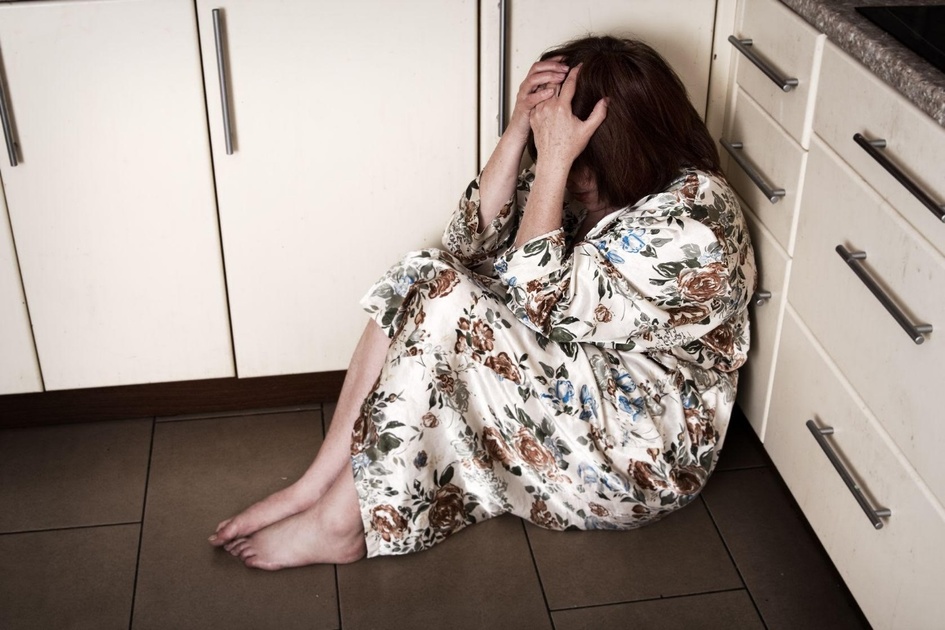
By Dvora Entin, LCSW
Let’s share a cup of tea: the emotional experience of grieving a pregnancy loss
Bereavement doesn't really come with an instruction manual. Mourning does. As Torah guided people, we get the directions about burial, shiva, tearing clothes, where to sit, and what to cover, but the experience of what comes next is a bit absent for the grieving. Especially for those that have a less defined, focused period for grief. When a couple loses a pregnancy, our rules don't really apply as perinatal loss. No matter how late in gestation, they do not allow for a formal funeral or shiva or even a prescribed grieving practice. When a family is defined by halachic observance, the lack of structure can cause an even greater hole in their post-loss experience. Without clear guidelines, they are often left with a sense of feeling adrift and disoriented, struggling to find direction and information to shepherd them through this pain.
For those who are first-timers, newbies in the grief world, the confusion around the emotional experience is surprising and frightening. The experience and emotional response may be something they have never felt before with such intensity; the world is shifting beneath their feet. When there is no funeral to go to and no friends bringing shiva meals, the couple will often face the uncertainty of grieving alone.
If I could take every woman by the hand, sit her down for a minute with a cup of tea, I'd lay out the landscape for her and give her a grieving map, a GPS for what's about to happen. I think I'd tell her: Here's what grief really looks like. It's more than being sad and crying. It's angry, and lost, and confused, and irritable, and forgetful, and disconnected, and numb and you are allowed to feel all those things, without a time limit. And that sadness may feel like you are walking thru mud, that it feels like it's hard to get going, that your thoughts may wander, that there is a heaviness in your head and heart. This emotional intensity can feel confusing and frightening and surprising at times. You don't need to "get back to yourself" within any kind of time-frame. What you do need is to "Give Space, Honor the experience, and allow for Integration."
When one "gives space" to an experience or emotion, we stop fighting the emotional experience. Giving space gives oneself permission to feel the feelings without fighting to feel something different. My friend, allow for quiet in your day, without trying to distract. Allow yourself the time you need without trying to rush it, and spend time alone and with your spouse to talk or companion in silence. Remember that your body gave birth, even without a live baby to acknowledge it, treat it kindly.
And please don't feel the need to "move on." Well-meaning people will tell you to try and forget but you don't have to. You don't have to forget this experience. Sometimes you may want to and at other times you may feel disloyal to the baby when you feel like you have forgotten for a minute. That's okay too. Each day will feel different, and as time passes, the heaviness will lighten just a bit. Allow others to carry this load with you.
Honor the sadness by respecting the place that this experience has in the fabric of your life's story. Recognize and allow for this tear, this knot in the fabric, to exist and be noted and respected for what it means to you as a mother or as a couple. Find ways to honor the memory of this experience, putting a placemark in your year at the anniversary of the delivery, capturing the mementos that hold meaning to you and represent the pregnancy, and give yourself permission to put them in a box to touch and look at when you feel the need.
And finally, Integration. It's the process of making room for this experience in your life, as uninvited a guest that it was. Make note of the benchmarks that tell you that you are slowly healing. Perhaps you are thinking of your loss every morning but not throughout the entire day. As time passes, pay attention to the way that this experience becomes part of your story as an individual and as a couple. This takes much self-care and solid support without rushing yourself towards an end goal.
My friend, grief is part of life just as much as it's a part of death. Give it a seat at your table, move the chairs over to let it stretch its legs, and perhaps even offer it a cup of tea.
Dvora Entin, LCSW is the Director of JFCS Ma’oz in Philadelphia, a new initiative to engage the Orthodox community on mental health and family life issues. She moderates monthly support calls on Perinatal loss (K’nafayim) and specializes in Maternal Mental Health.
 Previous
Previous

